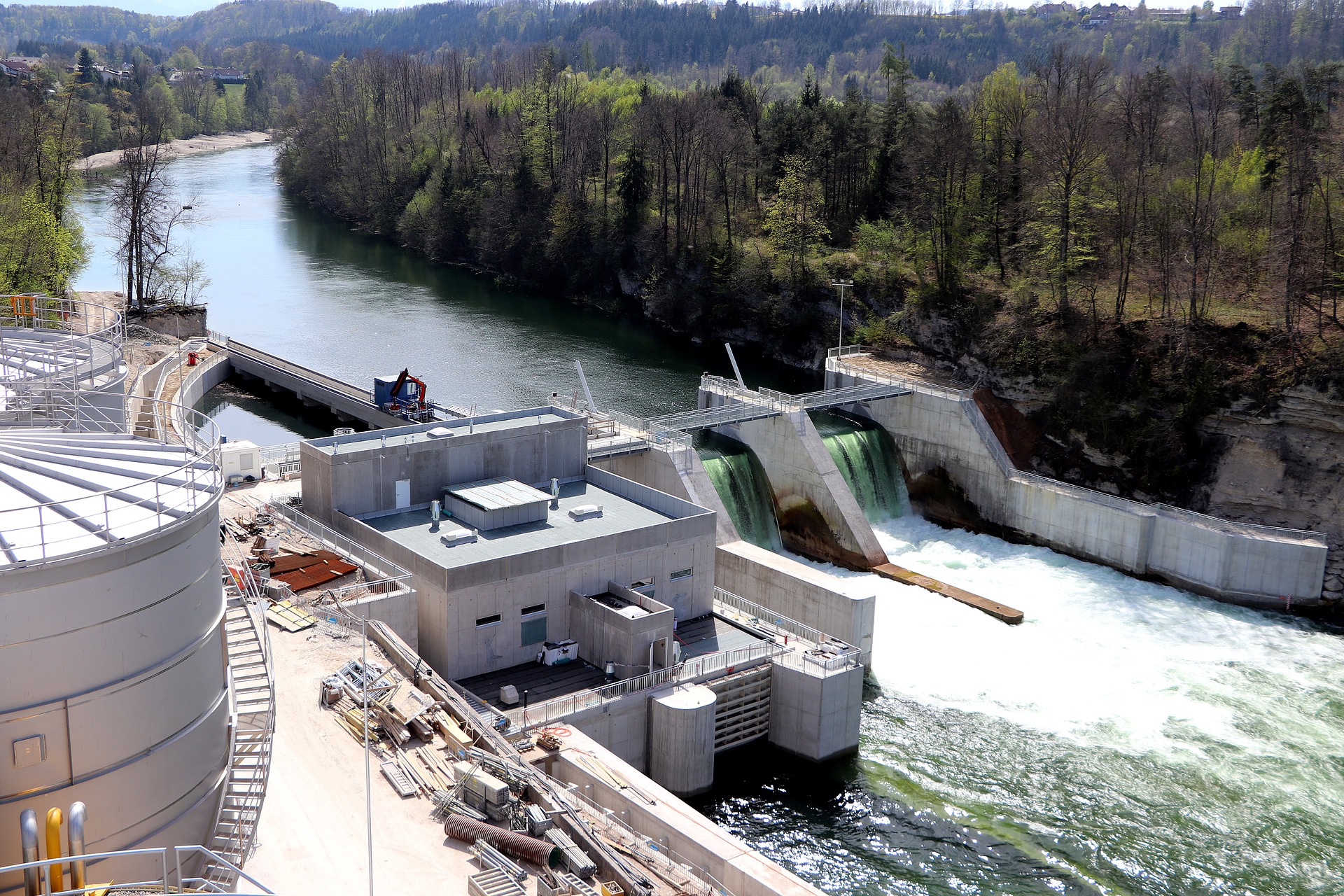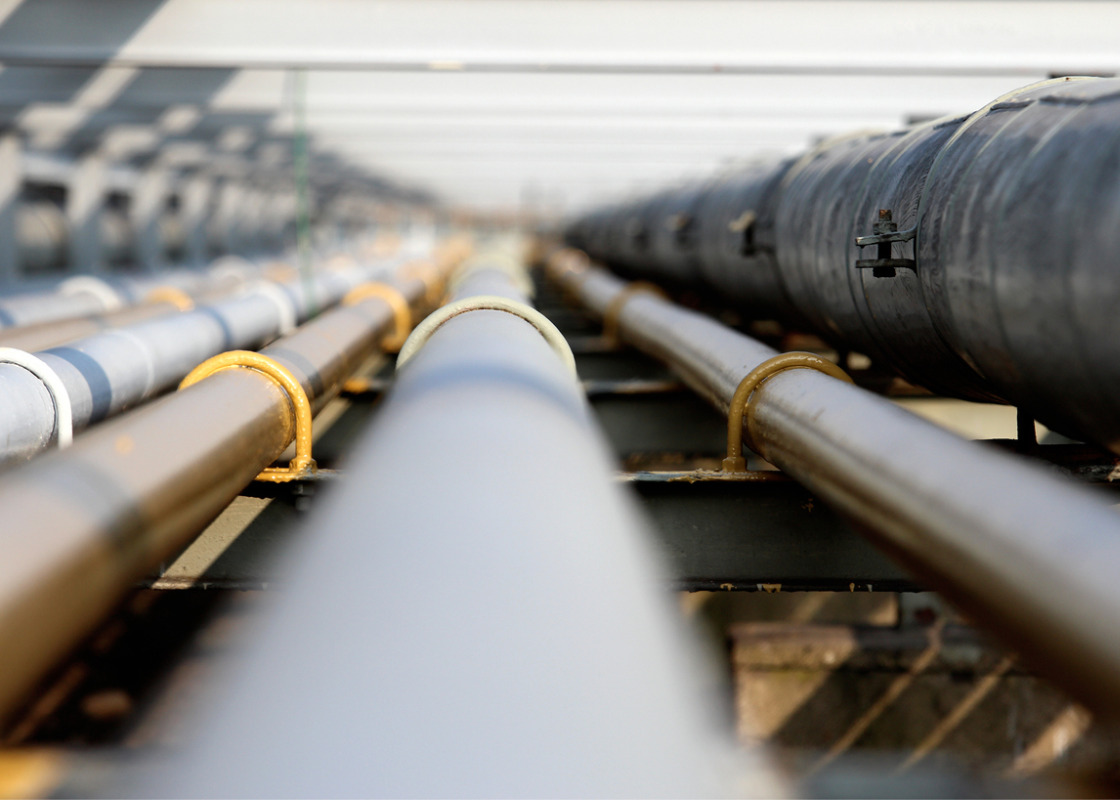Thank you Energy System!
The coronavirus crisis hit the whole World in a matter of weeks, transforming itself from a glimpse on our daily news radar to a dramatic reality in our cities and, alas sometimes, families. The dedication and professionalism of all the medical personnel involved in fighting this pandemic has been widely recognized as exceptional and even led to many sacrifices. The whole society should be grateful to these people who battled the virus on the front line. Concomitantly, the more “usual” work of other thousands of people has been critical for the normal functioning of the society and has been regularly highlighted: supermarket and drugstore employees, law enforcement forces, bus drivers, garbage collectors and so on.
Thank you Energy System!
However, in this long list of persons the whole society owes a huge debt to, one category has been widely ignored, namely all the people working in the field of energy supply, from power plants personnel to networks operators and countless others. Indeed, the role played by the energy system during this crisis has been completely obliterated under the deluge of corona-related morbid news. Even more, lots of attention has been devoted to the telecommunication infrastructure and rightfully so since, due to the social distancing measures, cybermeetings and other virtual working spaces, have replaced the normal functioning of companies, administrations and institutions.
Hence, a certain number of measures have been put in place – most of the times by companies themselves –, in order to avoid the collapse of the fibre and mobile communication infrastructure. These measures worked fine, with only few disruptions – at least in Switzerland. But many people forgot that all of this is ubiquitously driven by electric power and the latter never fell out, nor the other energy vectors such as natural gas or district heating, not to mention oil, but this is another subject. Even more importantly, uninterrupted power supply has been vital for hospitals and emergency centers battling corona with myriads of non-stop artificial respirators, health monitoring systems and energy-hungry cleaning procedures. No energy, no possible effective war against the virus.
Author
Massimiliano Capezzali
Head of Energy Competence Center HEIG-VD.
About
Energy System and coronavirus crisis.
The unsung hero
The unsung hero of the still undergoing coronavirus crisis thus clearly is the energy system with all its components and different vectors. On one hand, the power generation plants continued working without interruptions in Switzerland. In neighbouring countries such as France, nuclear power production has been slightly decreased in order to take into account the delicate “logistics” of highly specialized personnel turnover, but without compromising electric energy supply (also due to the concomitant demand decrease related to massively slowing industrial production). Electric utilities organized themselves internally, without much media noise or cries for state help, and ensured all necessary measures were (and still are) in place to avoid any generation disruption. Similarly, natural gas distribution and district heating companies organized very carefully at human resources level – also thanks to the flexibility and sense of responsibility of the personnel – as to ensure normal maintenance and repair operations on the networks supplying industries, services and homes. Again, no interruption of supply has been registered on the demand side. All of this seems to come as granted – and has therefore been broadly ignored by the media – but it is not: the security of energy supply is the result of carefully planned and sometimes courageous investments, by private and public actors, driven by legal frameworks and markets, as well as well developed, densely built energy networks.

Resiliency
One word which became trendy during the ongoing coronavirus crisis is resiliency, a concept which goes beyond system redundancy and which was often considered of secondary importance in the recent past due to its long-term implicitness, not only in the energy sector. We have proven above that the overall resiliency of the latter has been put to the test by the coronavirus pandemic and it did not fail. However, we should take measures to further increase the resiliency of the energy system by fostering networks convergence, that is by seeking and implementing synergies between the different energy vectors and stop operating the networks in non-communicating silos. This means favouring the emergence and ensuring fair market conditions for technologies that are able to act as interfaces among the networks, such as cogeneration, power-to-gas and waste energy recovery systems. Networks interoperability, in turn, needs communication systems and is intimately linked to digitalization and one of its objectives must be to further increase system resiliency by numerical solutions. So-called smart systems are foremost communicating systems.
When I started writing these lines, I was wondering if the message would be too obvious. In fact, I am convinced it is not. The whole functioning of our system, especially during crisis periods, crucially depends on security of energy supply and, in turn, the latter requires investments and a regulatory framework ensuring long-term financial viability. This is true for production capacities – renewables and not renewables – as well for networks. Although most of latter are “invisible” – i.e. underground or going through inhabited locations -, they nonetheless constitute the backbone on which our very way of life and, indeed, survival depend : let’s not forget this once the crisis will, hopefully, be over.
About the author

©AEE Suisse
Massimiliano Capezzali
Head of Energy Competence Center HEIG-VD
Massimiliano Capezzali graduated in physics and then obtained a PhD in theoretical physics at the University of Neuchâtel (Switzerland). During the year 1999, he has been a post-doctoral researcher at Queen’s University in Kingston (Ontario, Canada). Upon his return to Swizerland in 2000, he worked as scientific collaborator at the Swiss Federal Department of Justice and Police, in Wabern (BE). He joined EPFL in 2001, at first as post-doctoral researcher and then as assistant to the Dean of the Engineering Department. He shared research activities and several teaching duties between EPFL and the University of Neuchâtel during this period. Between 2007 and March 2017, he acted as Deputy Director of the EPFL Energy Center. Starting in April 2017, Massimiliano Capezzali is associate Professor in energy at the University of Applied Sciences and Management of the Canton Vaud (HEIG-VD). Simultaneously, he heads the Competence Center on Energies HEIG-VD.


